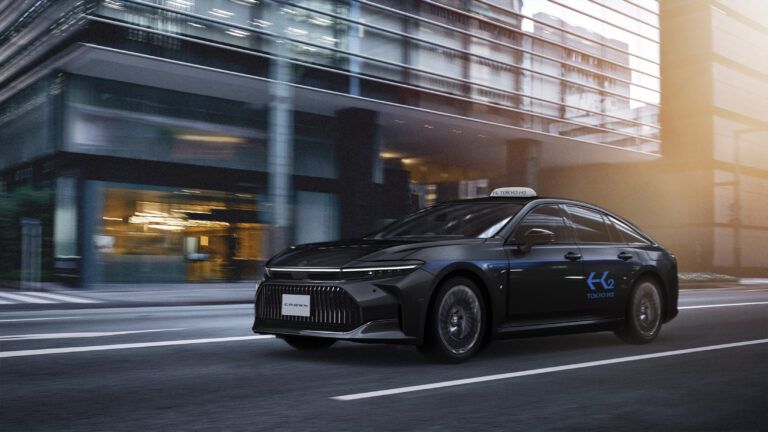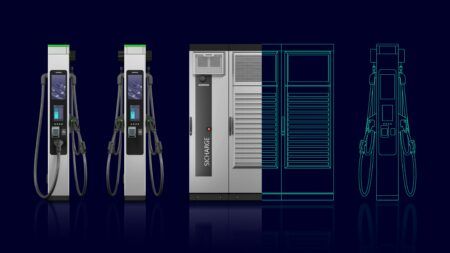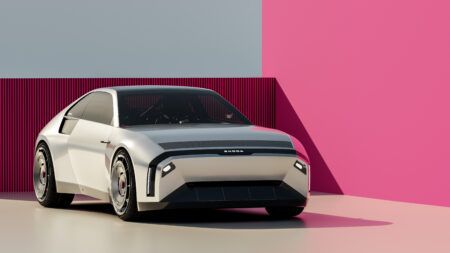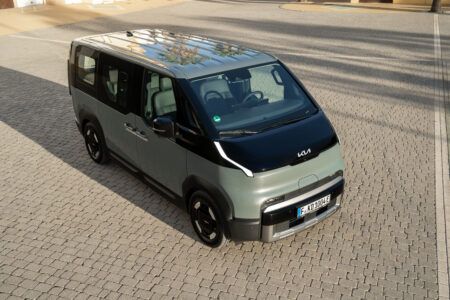Toyota Motor Corporation announced it has joined Tokyo H2, a public-private initiative launched by the Tokyo Metropolitan Government to establish the city as a leader in hydrogen energy adoption. As part of the project, Toyota is introducing its Crown sedan into the city’s fuel cell taxi fleet.
The Crown FCEV offers quiet operation, spacious rear seating, and easy passenger access. Toyota plans to introduce 200 Crown taxis by fiscal year 2025, supporting the Tokyo Metropolitan Government’s goal of deploying approximately 600 fuel cell taxis by fiscal year 2030.
To mark the project’s launch, Toyota has renovated and reopened its Mirai Showroom in Minato City as the Tokyo H2 HUB. Originally established in 2015 as an information center for fuel cell vehicles and hydrogen, the facility will now serve as a collaboration hub for companies and organizations working toward hydrogen adoption.
The Tokyo H2 project focuses on accelerating hydrogen use in commercial mobility, including fuel cell taxis and trucks. Participating companies and organizations will implement various hydrogen-related initiatives, with a unified logo and design to increase visibility and public awareness throughout the city. While taxis represent the initial phase, commercial sector initiatives will expand in stages.
Toyota stated it supports the Tokyo Metropolitan Government’s hydrogen implementation efforts. By adding the Crown to the fuel cell taxi fleet, the company aims to make hydrogen technology more visible in daily life and generate demand that creates a positive cycle across the hydrogen supply chain.
Toyota positions hydrogen as an important energy source and is working with partners on initiatives spanning production, transportation, storage, and use. The company said it will continue working with the Tokyo Metropolitan Government and other hydrogen-focused organizations to expand partnerships.
The project represents part of Tokyo’s broader effort to advance hydrogen infrastructure and adoption. By concentrating initially on commercial mobility applications like taxis, organizers aim to build public familiarity with hydrogen technology while developing the supporting infrastructure needed for wider deployment across other sectors.





